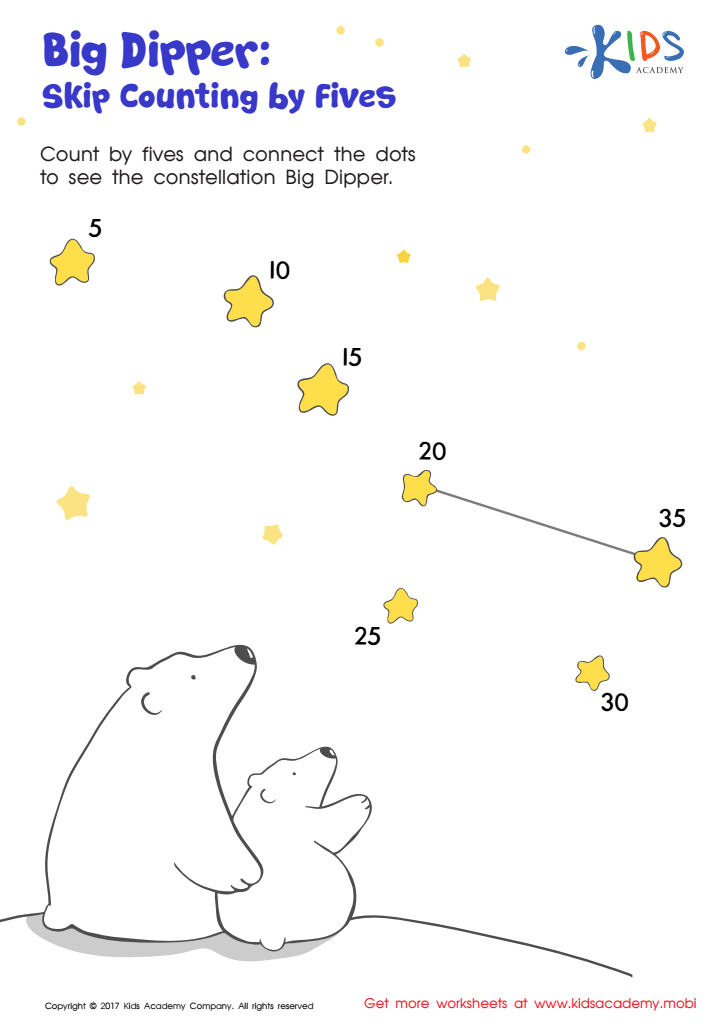Normal Worksheets for Ages 6-9 - Page 6
1618 filtered results
-
From - To
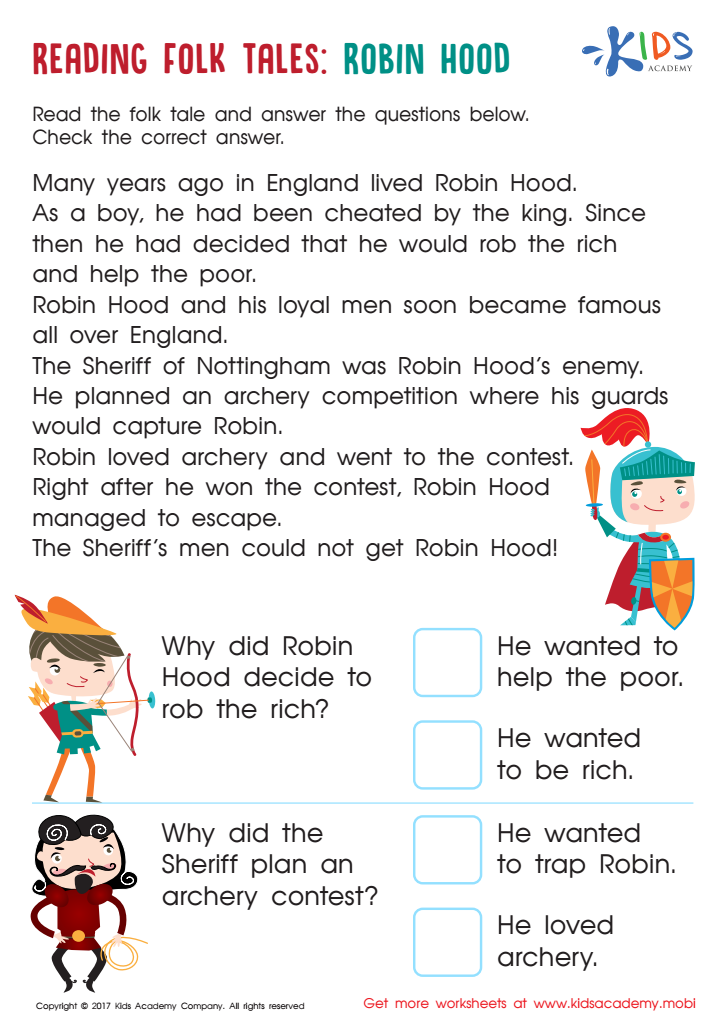

Robin Hood Folktale Worksheet
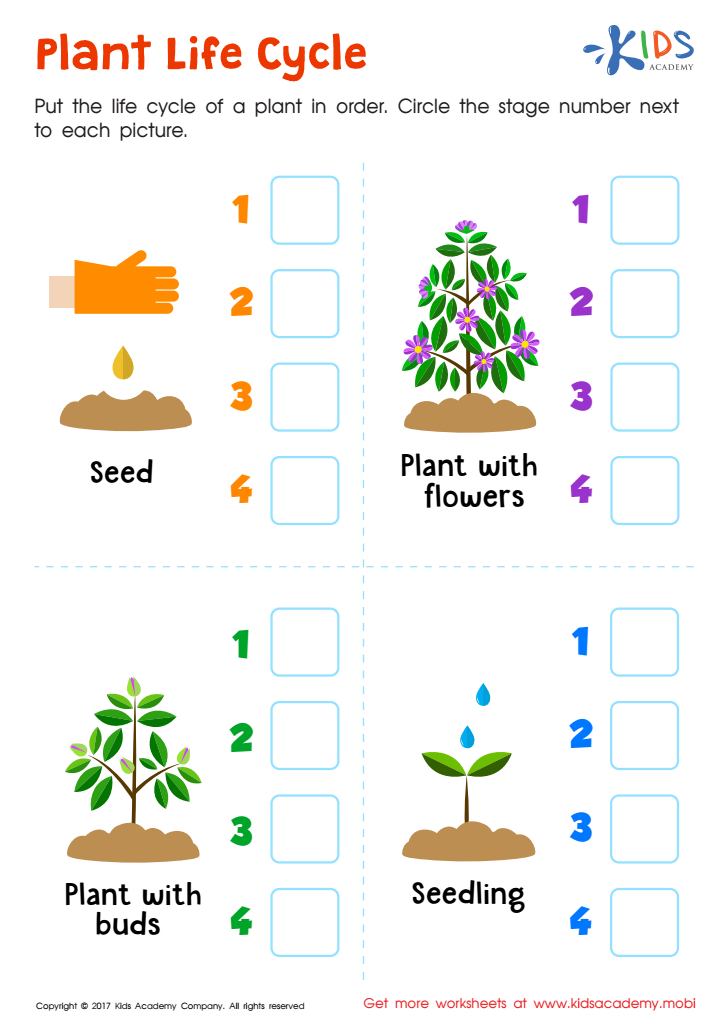

Plant Life Cycle Printable
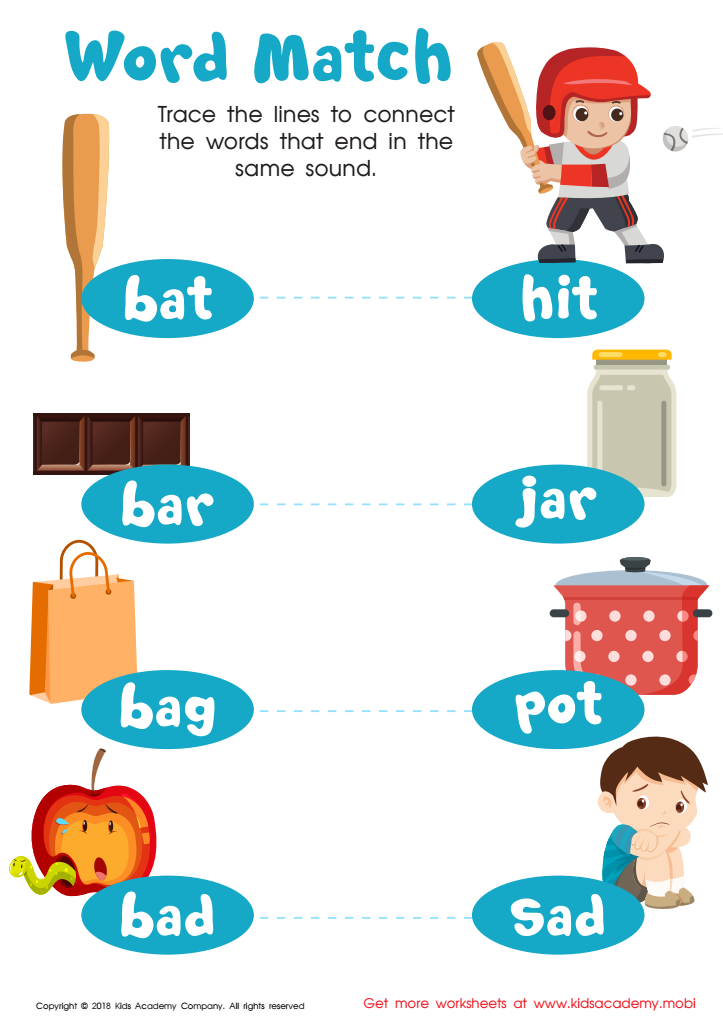

Word Match Reading Worksheet
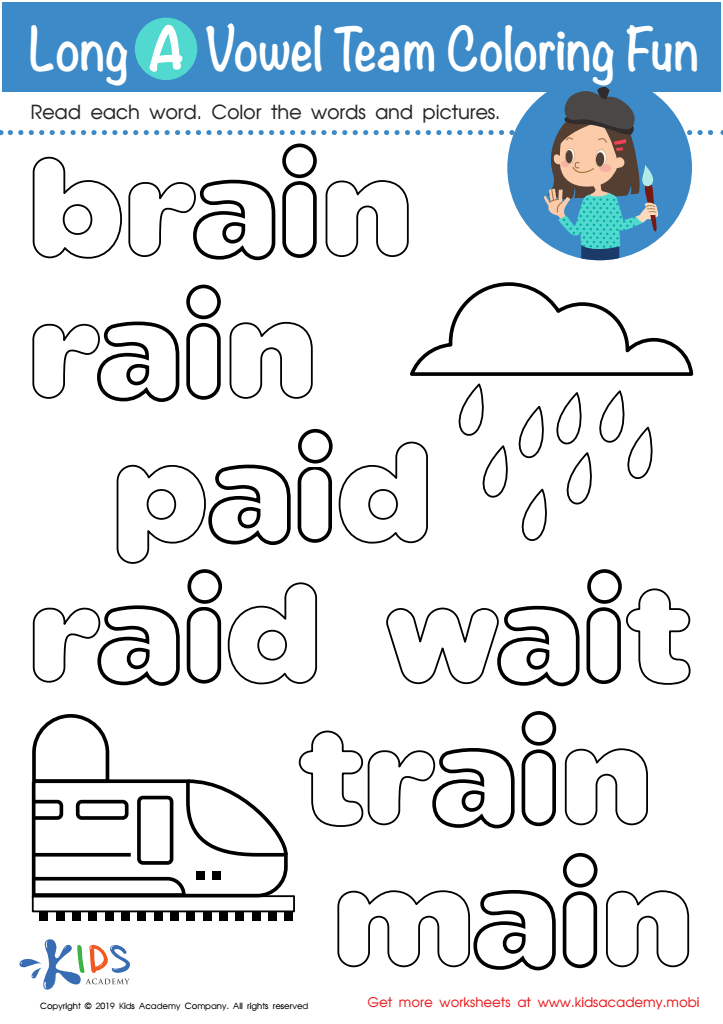

Long A Vowel Team Coloring Fun Worksheet
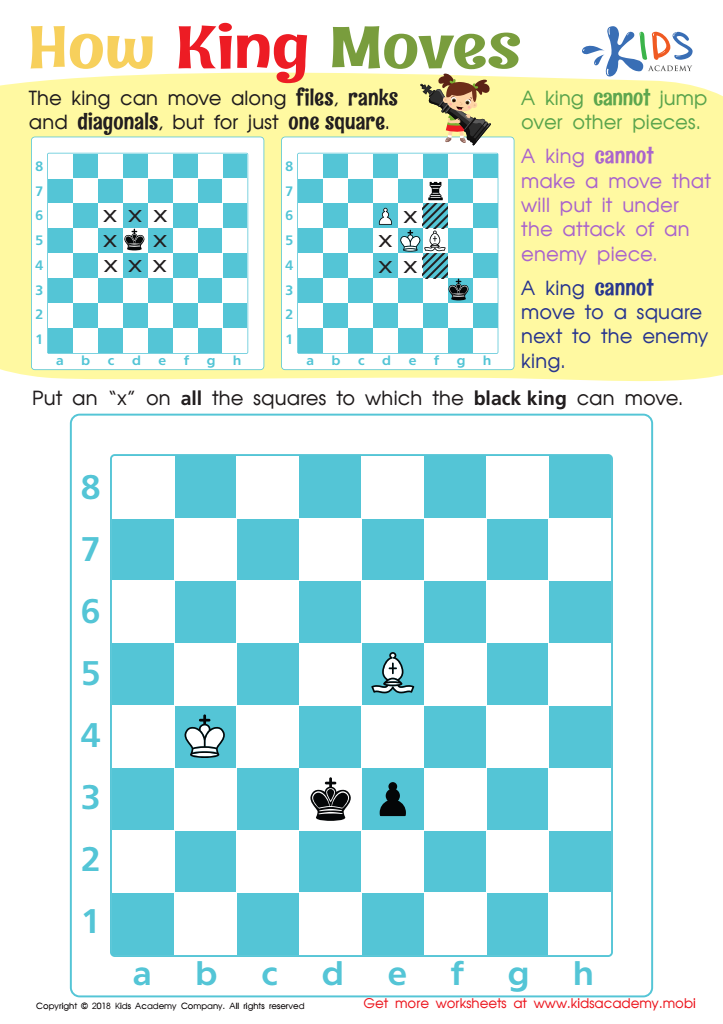

How King Moves Worksheet
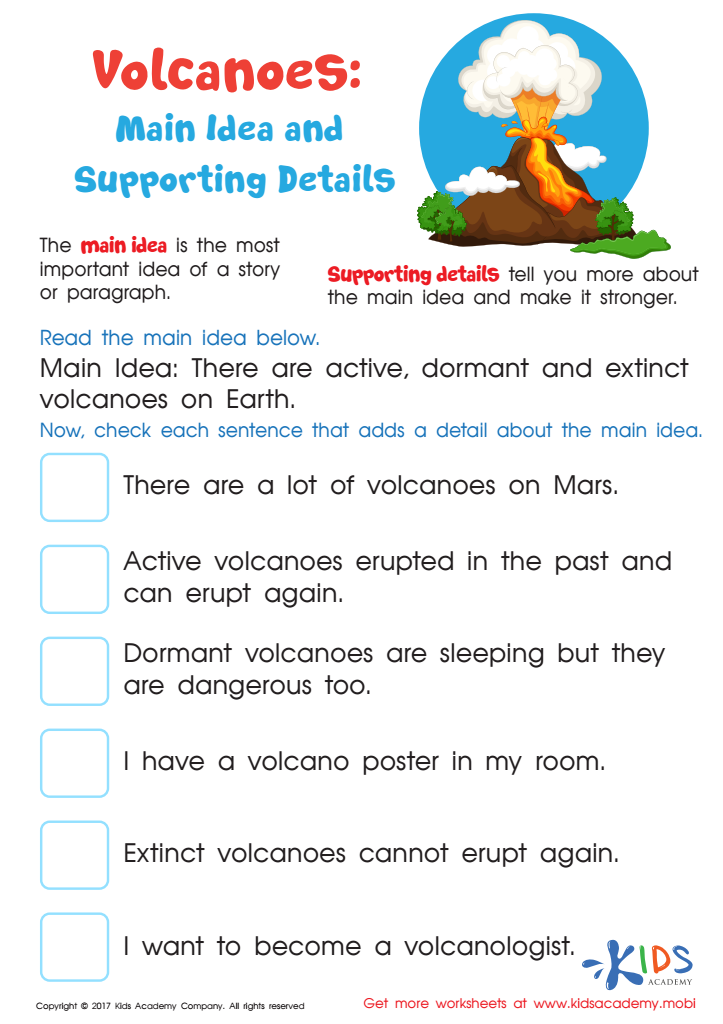

Volcano Facts Worksheet
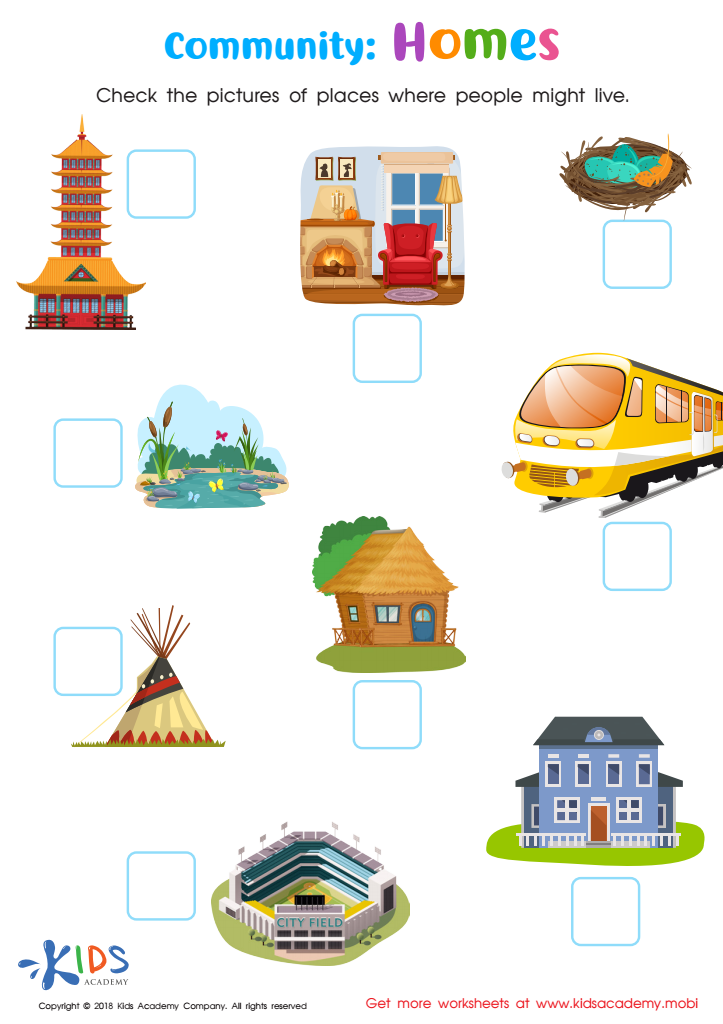

Community: Homes Worksheet
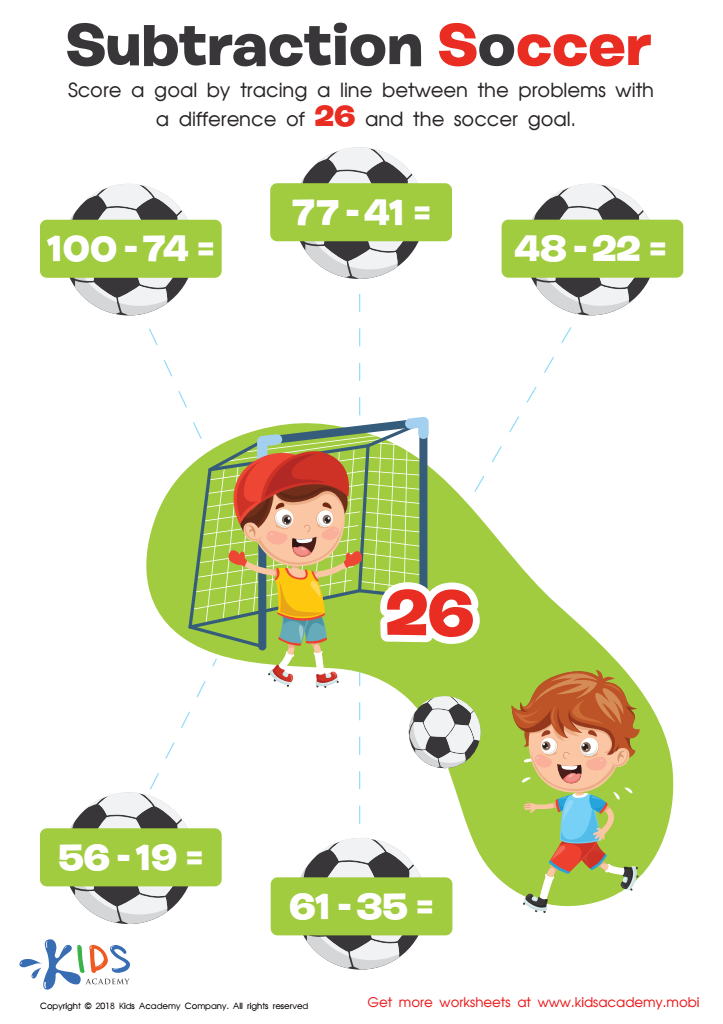

Subtraction Soccer Worksheet
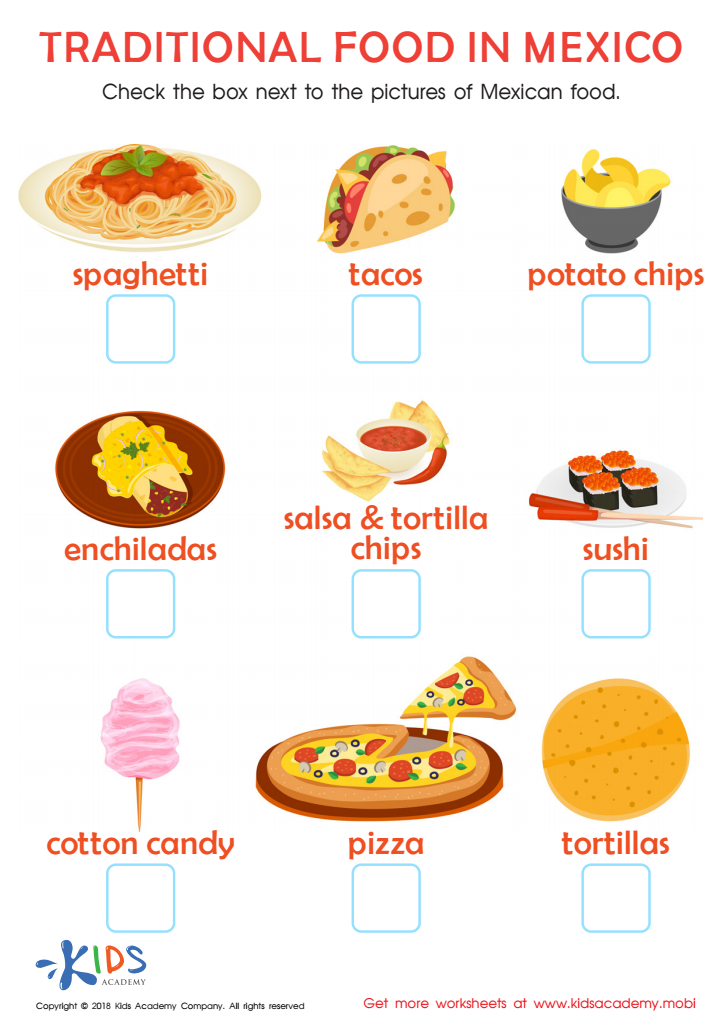

Traditional Food in Mexico Worksheet


African Wildlife: Giraffe Worksheet
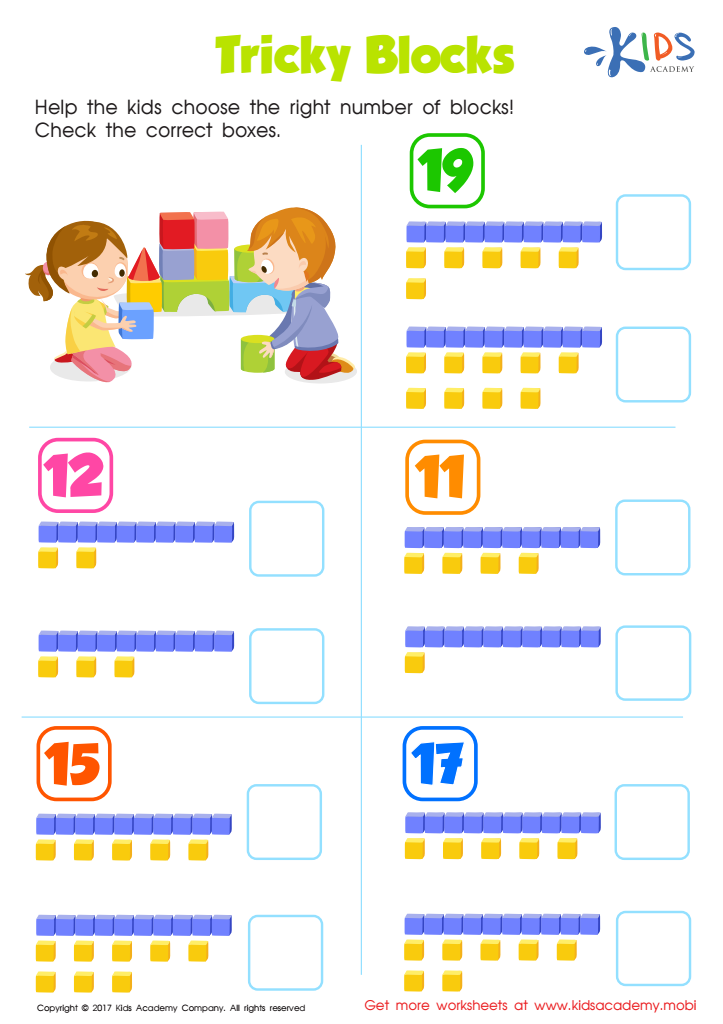

Tricky Blocks Worksheet
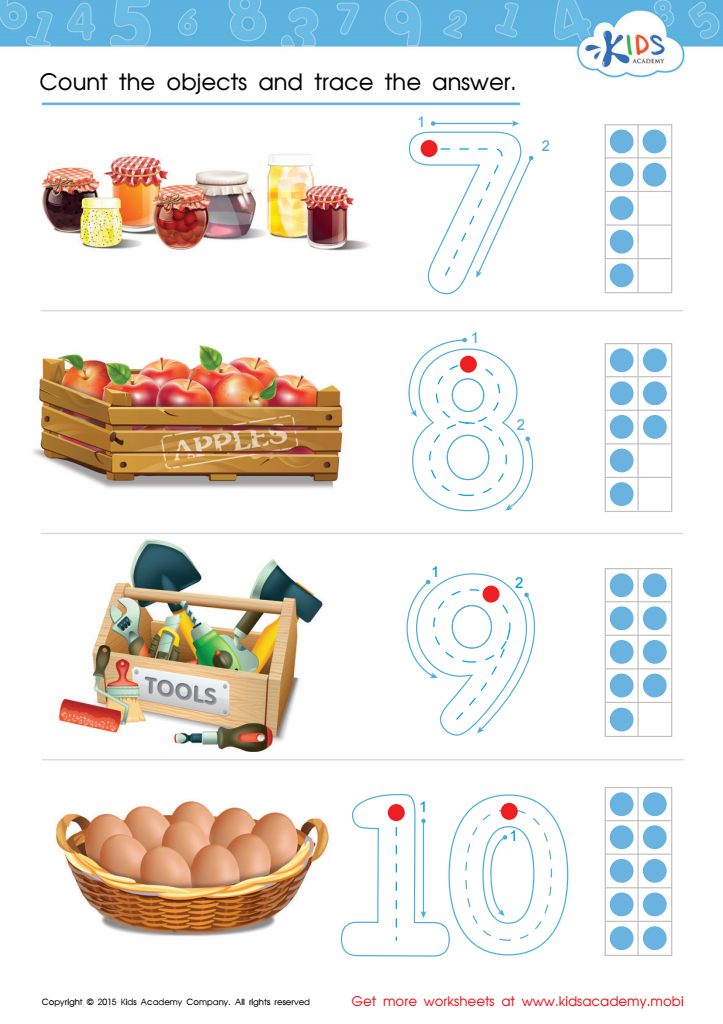

Count and Trace 7 – 10 Worksheet
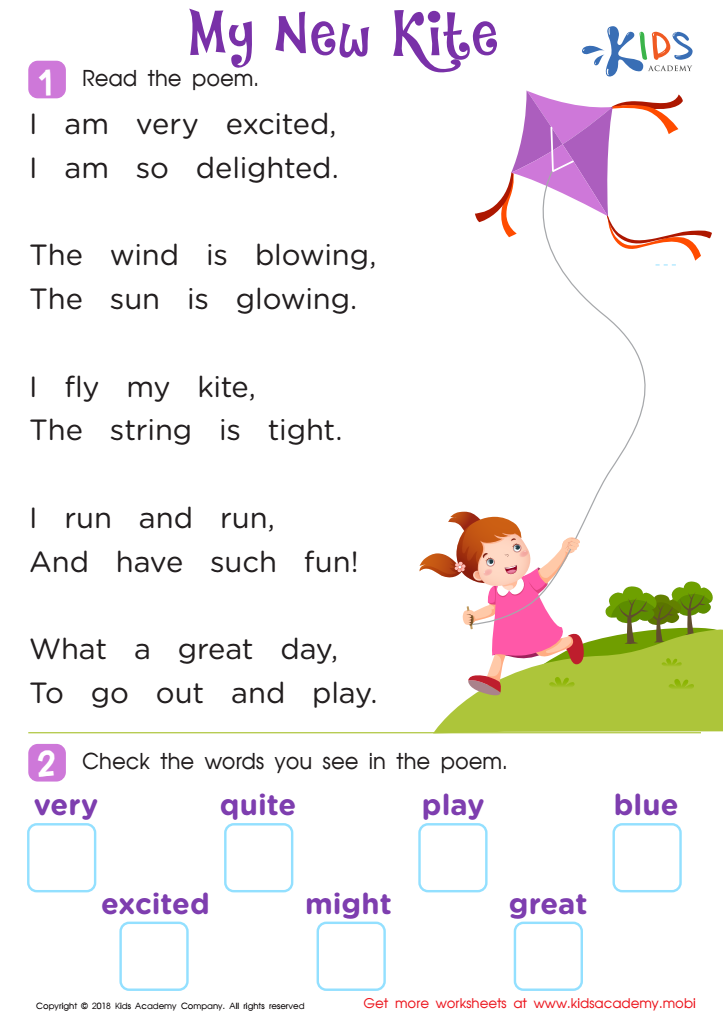

Poem: My New Kite Worksheet
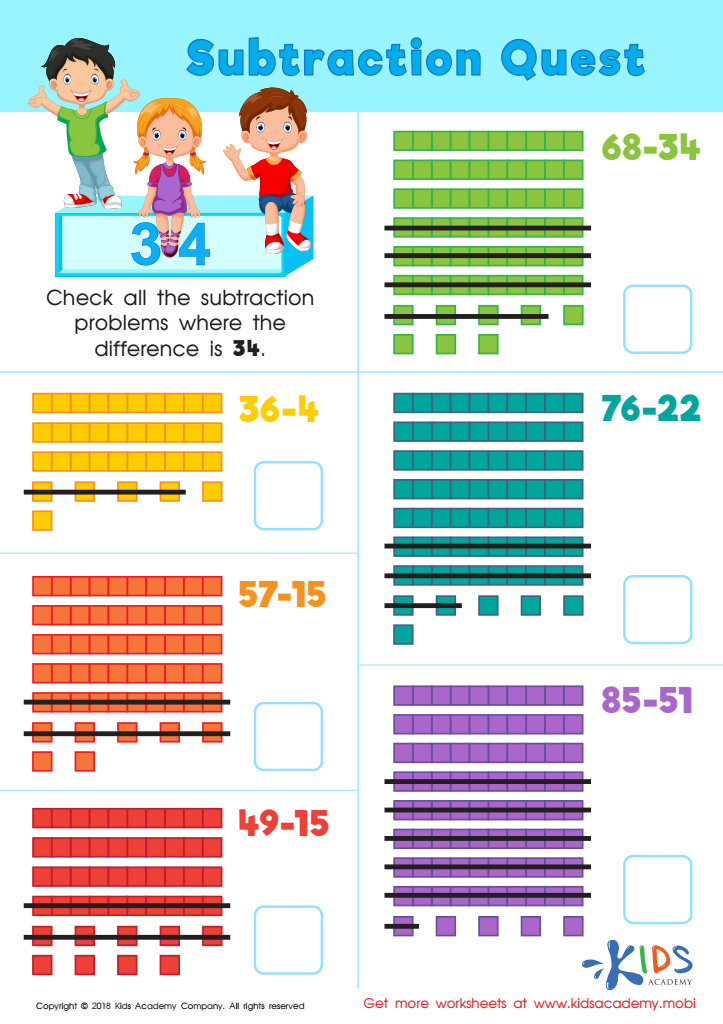

Subtraction Quest Worksheet
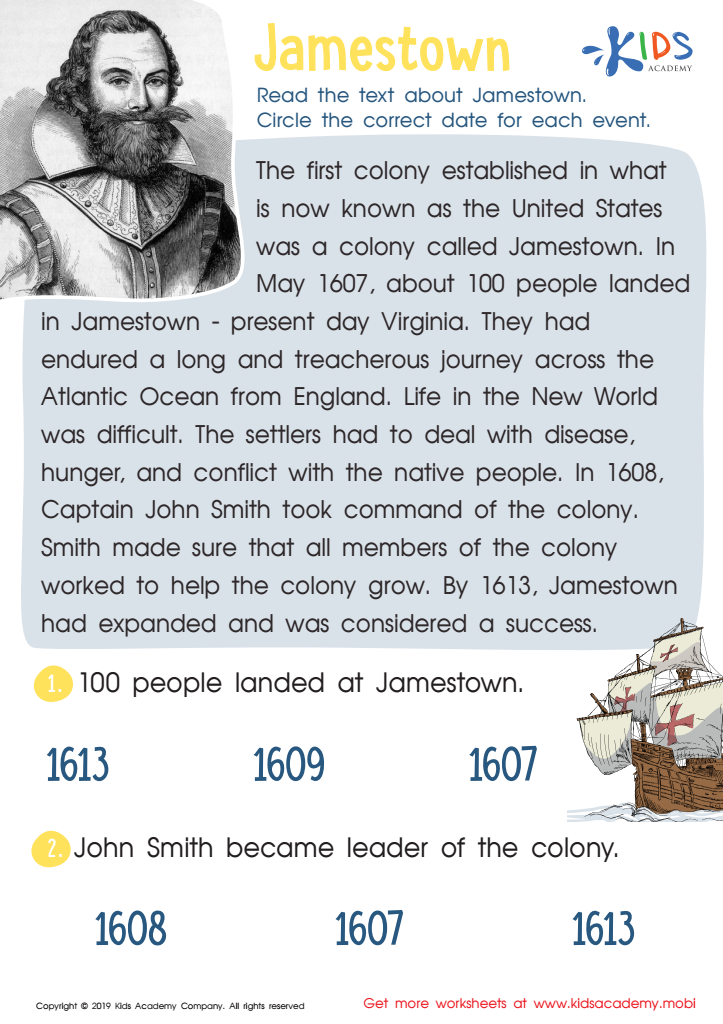

Jamestown Worksheet


Sink or Float Printable
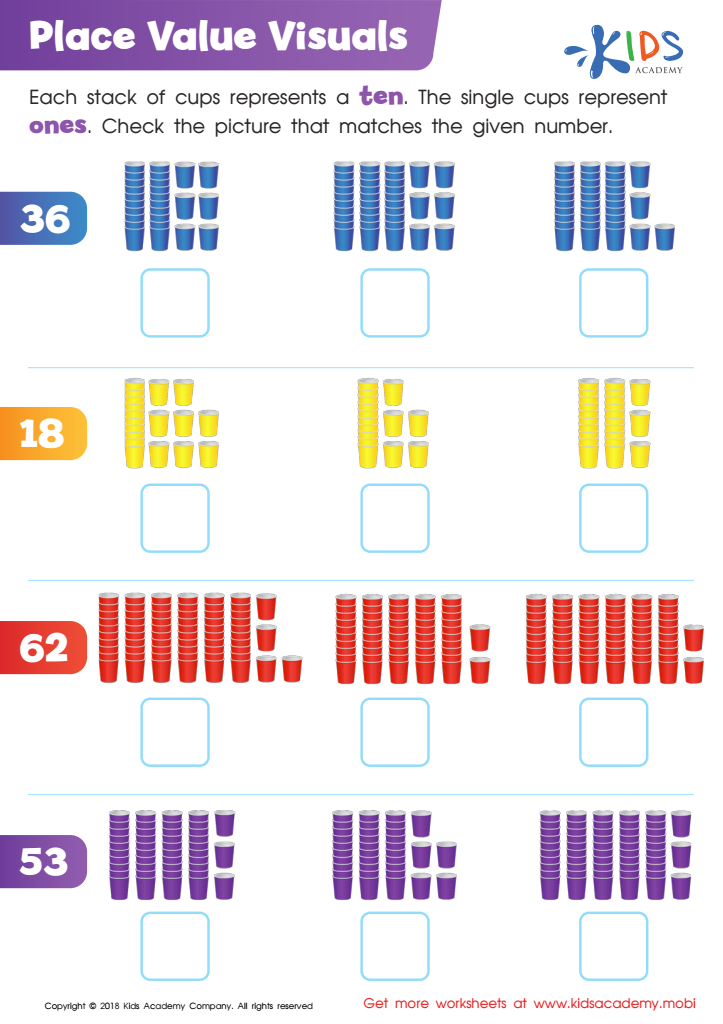

Place Value Visuals Worksheet
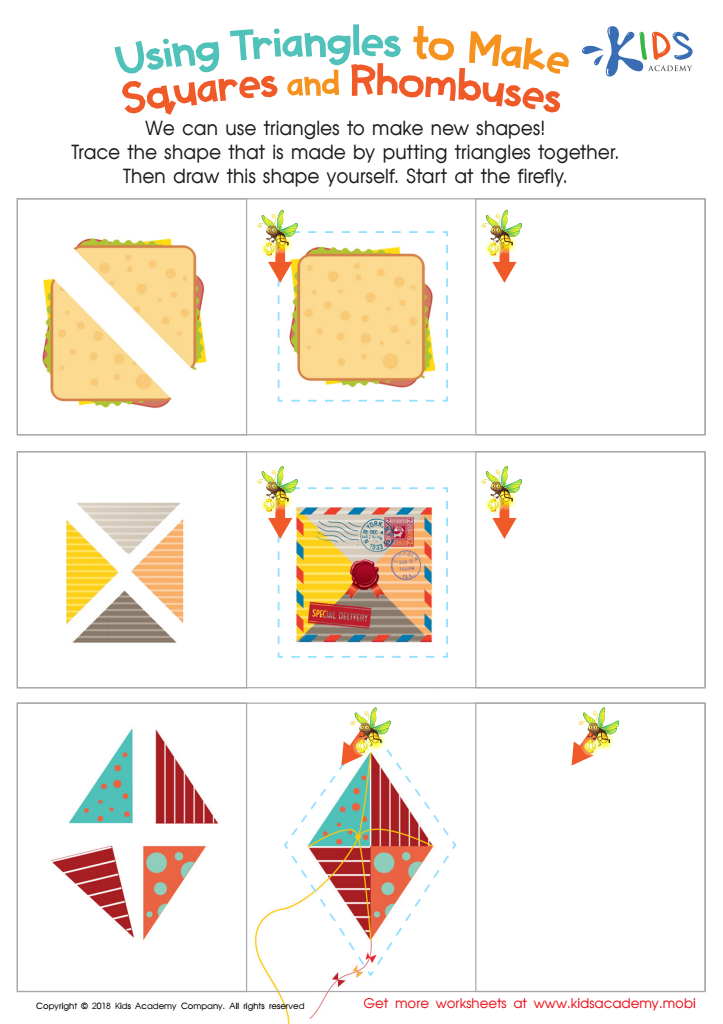

Using Triangles to Make Squares and Rhombuses Worksheet
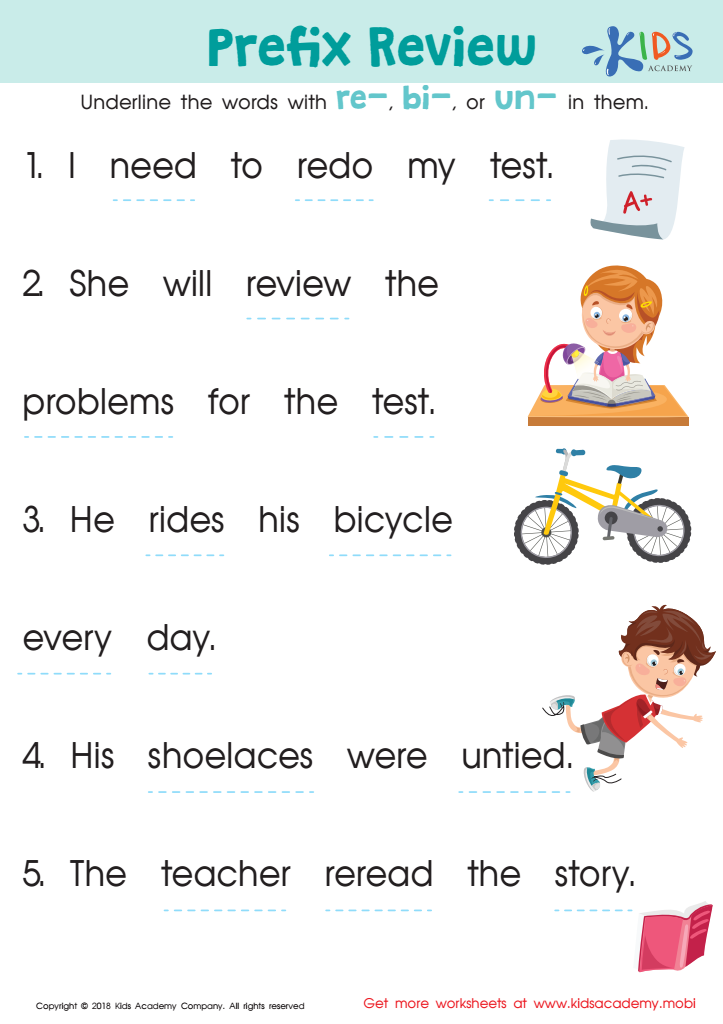

Prefix Review Worksheet
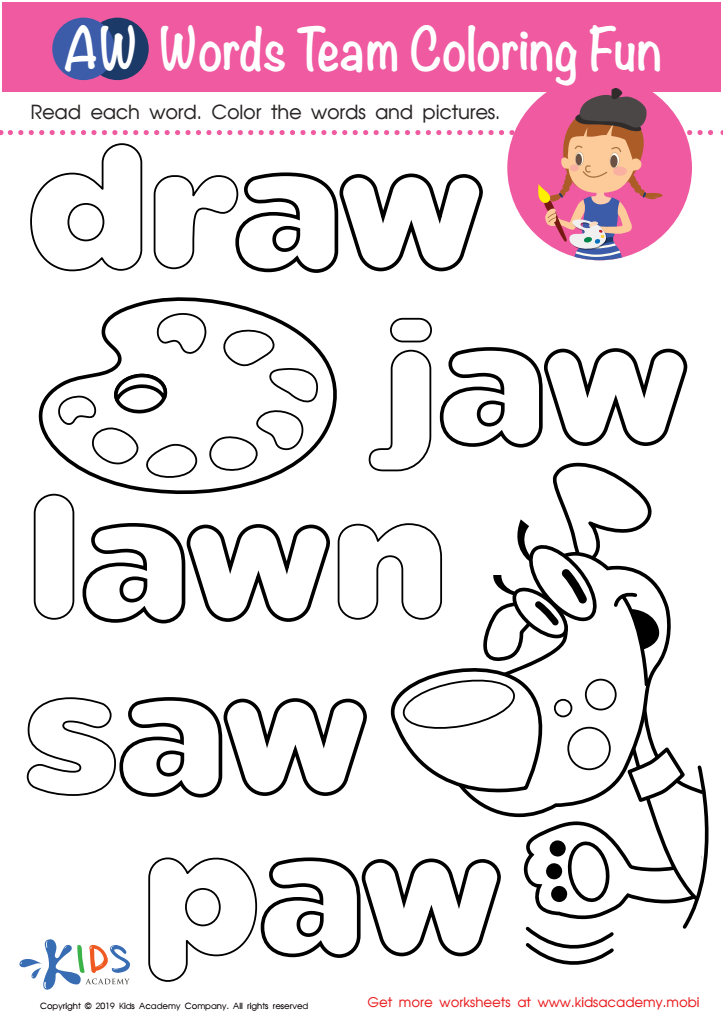

AW Words Team Coloring Fun Worksheet
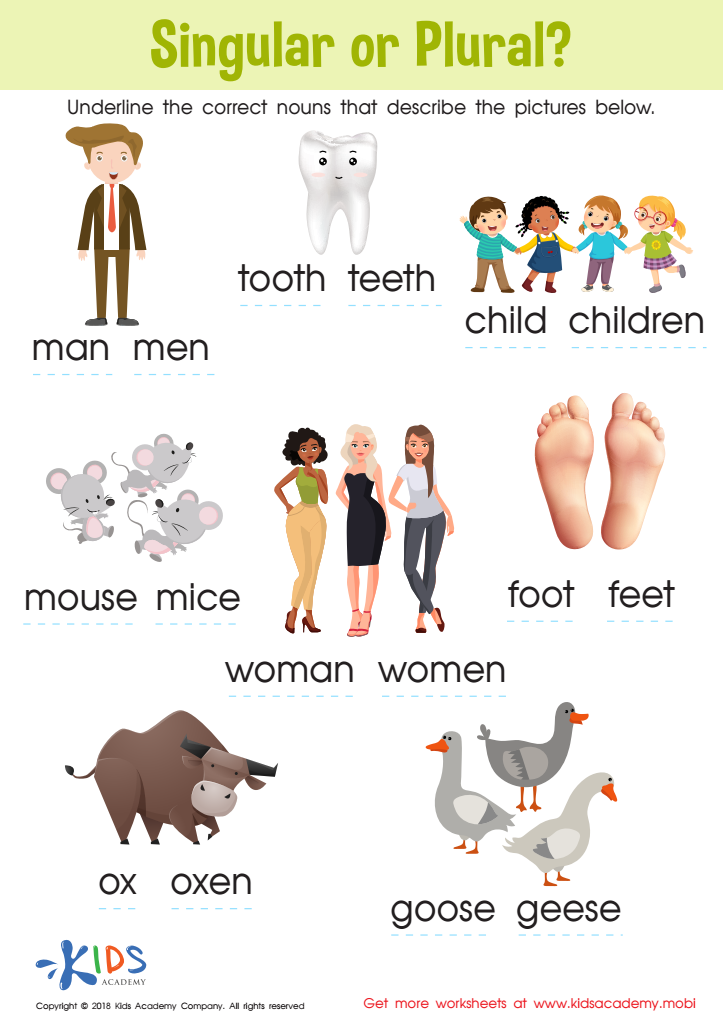

Singular or Plural? - Part 2 Worksheet
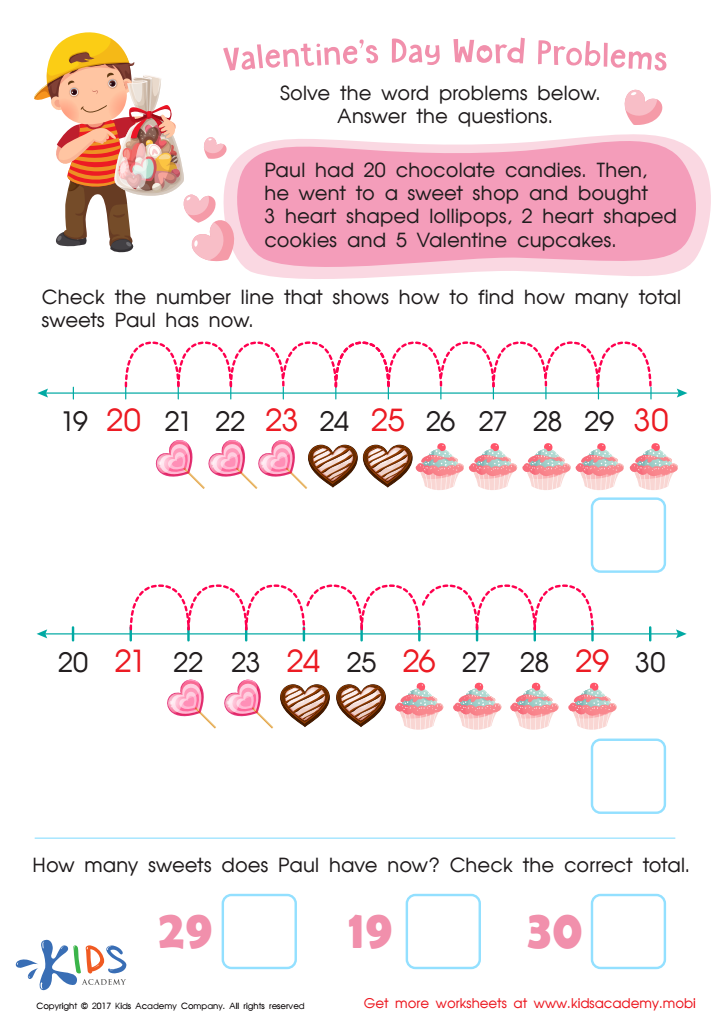

Valentines Day 2 Printable


Years Worksheet
Parents and teachers should care about understanding what is considered “normal” for children aged 6-9, because it helps in accurately assessing each child’s development, addressing any concerns, and offering appropriate support. During this period, kids experience significant growth physically, cognitively, emotionally, and socially. Knowing the milestones for these ages allows adults to distinguish between typical variations in development and potential red flags.
For instance, in the realm of cognitive development, children in this age group should start reading more fluently, develop basic math skills, and employ logical thinking. Physically, they might gain competency in motor skills such as riding a bike or handwriting. Socially, friendships become more significant, and emotionally, kids learn to manage a wider array of feelings.
Observers familiar with these milestones can spot if a child struggles with reading, faces difficulty forming peer connections, or lags in motor coordination. Early identification of issues like learning disabilities or the need for social-emotional support means interventions can be put in place sooner, increasing the likelihood of positive educational and developmental outcomes.
Ultimately, caring about normal development equips parents and teachers to nurture each child's unique path, encourage their strengths, and support their weaknesses, fostering a well-rounded and confident individual.

 Assign to My Students
Assign to My Students


